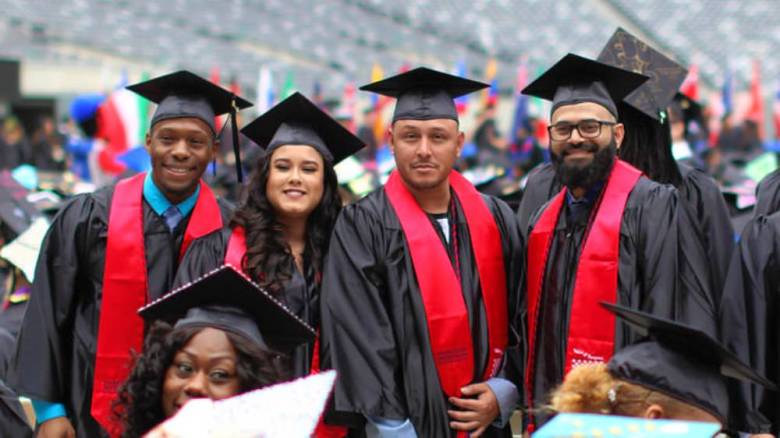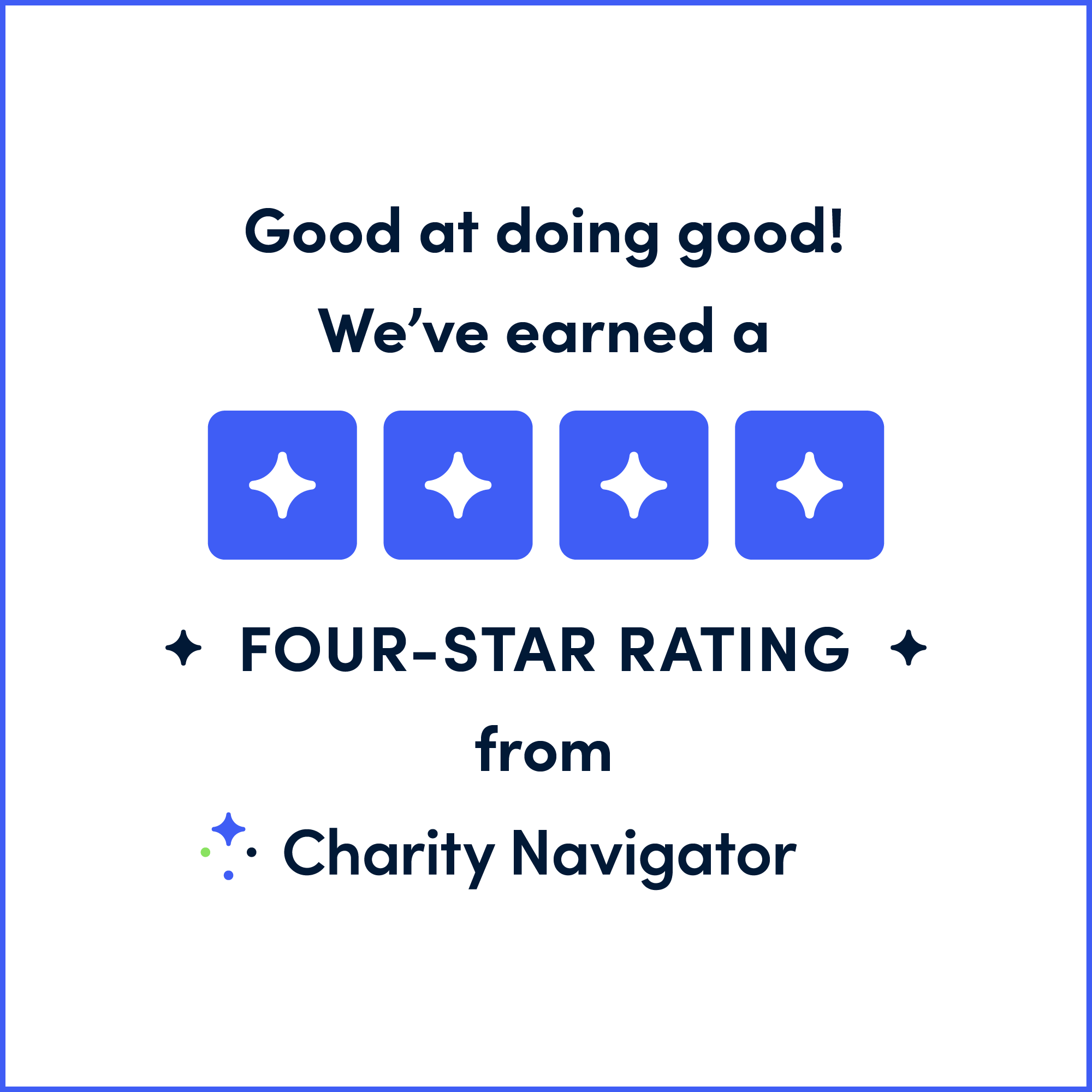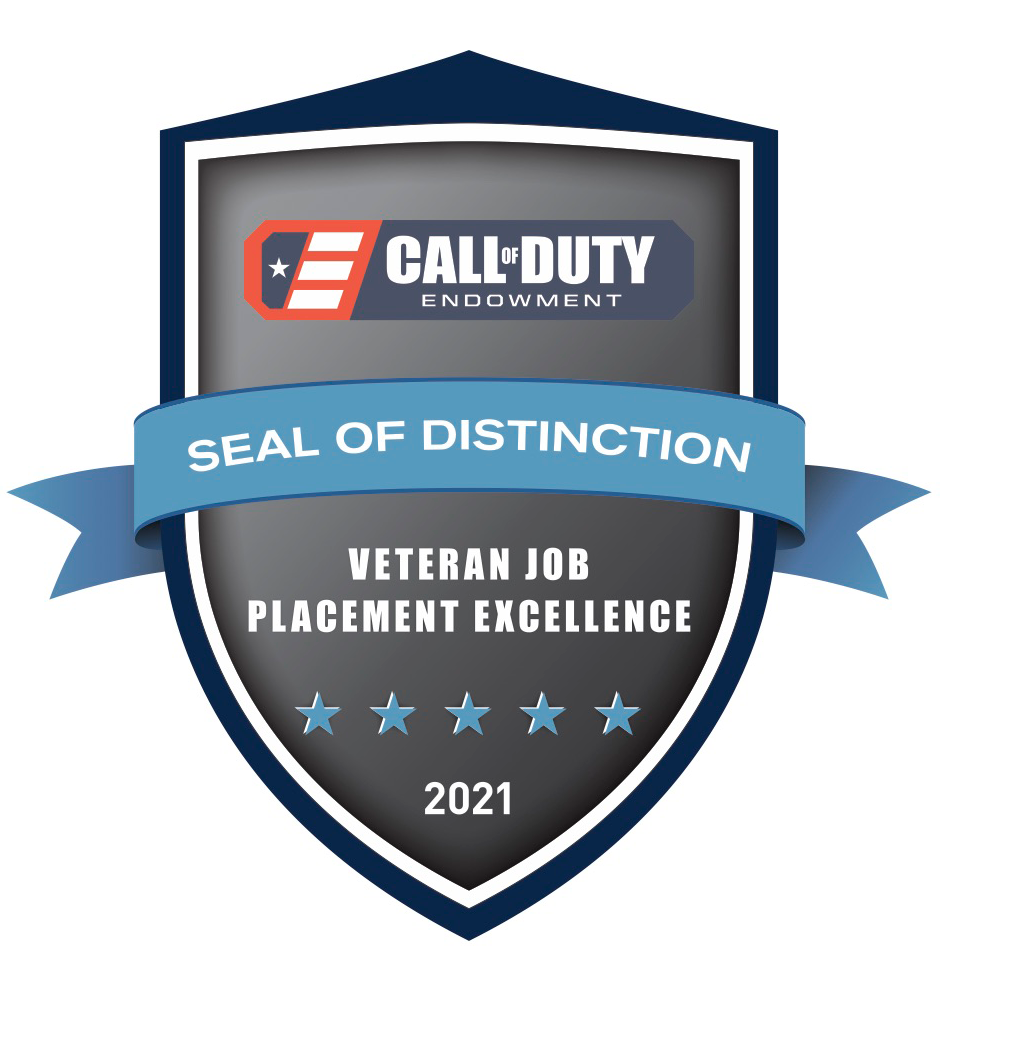Veterans adjust to new life on campus
Printable Version of this Article
The transition from military to civilian life can be a challenge, and returning veterans often miss the built-in companionship and support they enjoyed while in the service.
"Through activities, training, and day-to-day life, men and women in the military often coalesce into a family, but when you leave the service you lose that," says Jeffrey Dunn, who served in the Army for seven years, including tours in Operation Iraqi Freedom in 2003 and 2005. He is director of Veterans Services for Operations at Fairleigh Dickinson University (FDU).
"It’s the camaraderie that we all crave. That was the best part of being in the military," recalls Martha Papson Garcia, a former Army Ordinance officer who served in South Korea from 1986-1988 and is director of Veteran Services for Outreach at FDU. "Your brother or sister in the military — they’ve got your back. If anything happens, they are there to save your life and you are there to save theirs."
Dunn both understands and relates to the returning veterans’ need for community while they adjust to civilian life.
"While in the service, if you are having a rough day, you can knock on someone’s door, just down the hall, and hang out for a while and unwind," he says. "But then you return to a situation where you pos-sibly are the only recent veteran in your town. You still have your old friends, but they may not understand where you are coming from."
According to Dunn, in the past, veterans gravitated towards support organizations such as the Veterans of Foreign Wars or the American Legion, but today’s veterans are slower to join these organizations.
"Returning vets usually wait for several years after getting out before joining vet-erans’ groups," he says. "A vet just leaving the service may be going to work and/or school full time. They may also have family responsibilities and not have the time to get involved with an outside group."
"Coming back from overseas in 1988, I was not recognized as a veteran because I was female," recalls Garcia. "I came to FDU for my masters in 1989, but at that time there was nothing in place for veterans. Today, that has changed."
Currently, FDU has more than 200 veterans enrolled in its academic programs, and the institution’s growing Office of Veterans Outreach works hard to meet the diverse needs of this unique population.
"I had not been in school for more than ten years and I was a bit unsure about college," says John Myles, who served in the Army from 2011 to 2015. "Fortunately, I received a lot of help and support from the other vets in the program — there was built-in trust among us."
Today, Myles is president of the Veterans Club. "Now when vets ask me for help, I guide them just the way others guided me."
"We vets stick together, in classes and the club," says Mariano Capellan who was in the Army for eight years and served in Iraq in 2003 and 2005. "I feel like I have my brotherhood again."
According to Capellan, it’s not unusual to find the veterans studying or catching up with friends in the Veterans Services office. "Even when I am on vacation, I drop by to hang around with the guys," he says.
"I get comments from the professors all the time about how much they love having vets in the class," says Dunn. "Veterans offer a unique prospective that can be valuable in the classroom — especially in a class that has mostly traditional-age students."
In addition to helping with academics and developing career plans, FDU’s Veterans Affairs Office is a clearing house for internal and external resources. "If the problem is beyond our expertise, we will connect them with a specialist," says Dunn.
The staff also works closely with Career Services to help veterans get ready to enter the job market. "Groups such as American Corporate Partners pair our vets with corporate mentors in the fields the veterans are interested in entering," he adds.
The Veterans Service office is also an invaluable resource for students look-ing at the armed forces as an option after graduating college.
"I was considering joining the military and entering into active duty, so I went to the Veterans Services office to get information about different options," recalls Nathalie Martinez, an FDU gradu-ate and employee. "After speaking with Jeffrey and another vet, I finished my AA degree and joined the National Guard. It was because of their guidance and support that I decided to continue my studies and earn my BA and MA degrees."
"The biggest piece of advice I give veterans is to use their GI Bill wisely," says Dunn. "The GI bill offers the great-est benefits since WWII, but it is limited — you have 36 months to use it. Choose wisely and don’t dally. You have 15 years to claim the benefits, but once you be-gin school, you must use them within 36 months."
Dunn recommends that veterans take the time to plan and set educational and career goals. "Make sure that the school you select is the school that will help you reach your goal," he adds. "Once there, make sure you are working at a pace that will allow you to reach your goal within 36 months."
For those interested in a high level of education, Dunn suggests beginning at a community college first, using Federal Financial Aid rather than the GI Bill. "If someone wants to be a doctor, remember school gets more expensive as you continue on. Using your GI Bill benefits for the lowest level of school may not be the wisest decision. Treat the GI Bill like your bank account. Guard it and don’t spend it frivolously."












